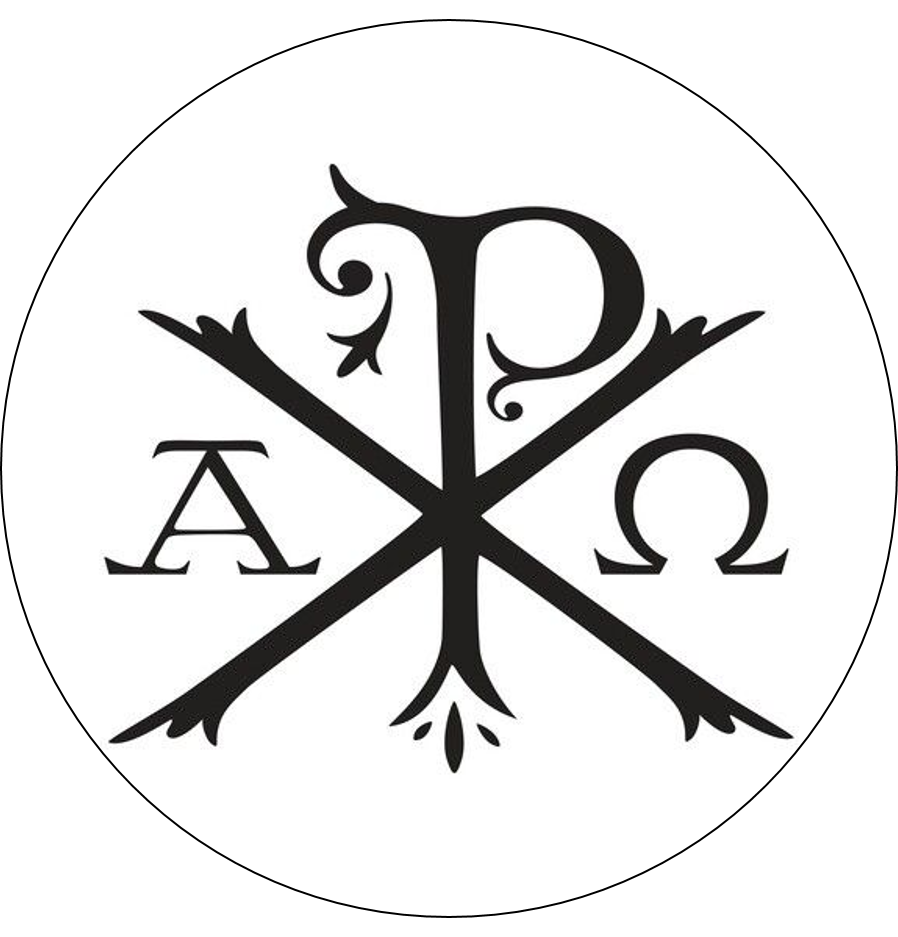What is a Reformed Church?

This may be the first time you come across a church that claims to be ‘Reformed’. No doubt you are wondering what exactly that means and what the distinctive beliefs and practices of a ‘Reformed’ Church are. The simplest answer is that a Reformed Church is a Christian Church in the Protestant tradition that considers the Reformed confessions to be a faithful summary of the teaching of Scripture.
A Reformed Church is a Christian Church: We are a Christian Church because we believe in the Christian understanding of God – there is only one true eternal God who has revealed himself in the Bible as three distinct persons: Father, Son and Holy Spirit. We believe that the Bible is the infallible Word of God and that we can trust the Bible to teach us everything we need to know about who God is and what God expects from us. We also believe that we can only be reconciled to God through faith in Jesus Christ and that he is both fully God and fully man.
These truths are all expressed in the earliest Christian creeds (The Apostles’ Creed, the Nicene Creed and the Athanasian Creed). We wholeheartedly believe these ecumenical creeds to be faithful summaries of the teaching of Scripture and they help us to ensure that our Christian faith today is grounded in the historic teaching of the Bible as confessed by all true Christian Churches.
A Reformed Church is a Protestant Church: The word ‘protestant’ was first used in 1529 at the Second Diet of Speyer in modern day Germany. In the face of pressure by the Roman Church which wanted all the German provinces to revert back to the teachings of the Roman Catholicism, several German princes ‘protested’. They supported Martin Luther in his reformation of the church against the false teaching of Rome. The goal of Martin Luther and other ‘Protestants’ was not to abolish the Roman Church but, from within, to reform it back to the Word of God.
They were particularly concerned about a number of false teachings that had become part of the Roman Church: 1) the rejection of the Bible as the final authority in all matters of faith, 2) the belief that the pope was the head of the church and 3), the doctrine that sinful people have to do good things and work together with God’s grace in order to be assured of salvation.
This movement became known as the Protestant Reformation and their key teachings are helpfully summarised by the “Five Solas” (sola is a Latin word that means alone):
Sola Scriptura – Ultimate authority for the church is found in Scripture alone.
Sola Gratia – Sinful people are saved by God’s grace alone.
Sola Fide – Grace is received through faith alone.
Solus Christus – Faith is placed in Christ alone.
Soli Deo Gloria – Everything the church does must be for the glory of God alone.
A Reformed Church is a Reformed Church: There are many Protestant Churches in existence today that are eager to teach the Five Solas. What makes Reformed Churches unique however is the fact that we think that all of Scripture is authoritative for what we believe about God and that we desire to constantly and continuously ensure that our teaching and practice is in agreement with God’s Word. As a result, there are some distinctive doctrines which are confessed by Reformed Churches but not generally agreed upon by all Protestant Churches.
Some of the distinctions are with regard to how we understand God’s work in history (God works in and through covenants) and salvation (God sovereignly chooses to save a particular people for himself) as well as the means by which God works to produce and strengthen faith in the hearts of his people (ministry of the Word and sacraments) and how we are to worship God (only as God has commanded). These distinctions are clearly articulated and explained in the Reformed confessions known as the Three Forms of Unity: The Belgic Confession, The Heidelberg Catechism and the Canons of Dort.
So what is a Reformed Church? A Reformed church is a faithful Christian church, grounded in the truth of God’s unchanging Word, that seeks to glorify the true God—one God in three persons, Father, Son, and Holy Spirit. We do that by proclaiming the gospel, as recovered by the Protestant Reformation of the 16th century, which is the promise of free and full salvation to all who will trust in Jesus Christ alone as the only Saviour. In response to the gospel, we encourage all believers to glorify God in everything we do as an expression of our thankfulness for our salvation.
